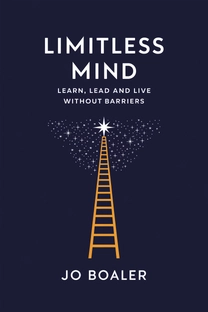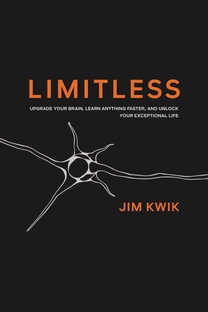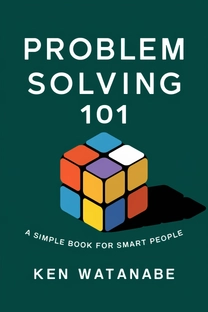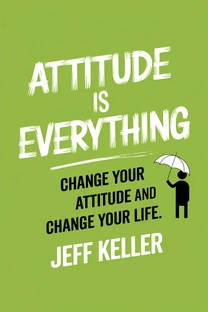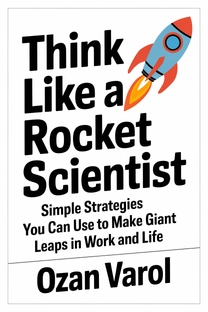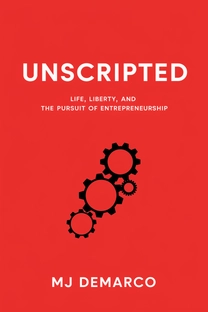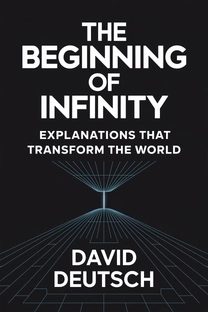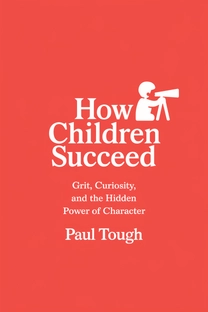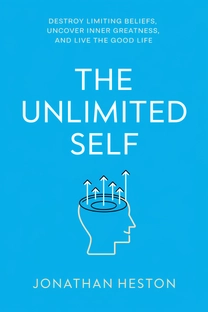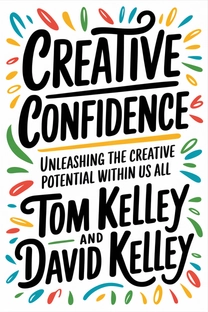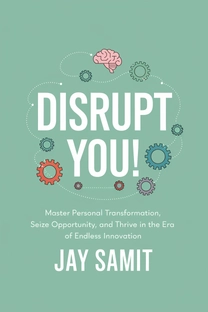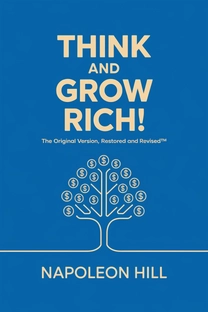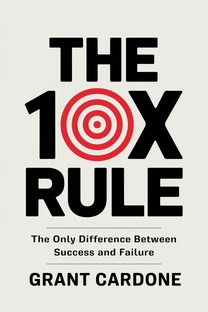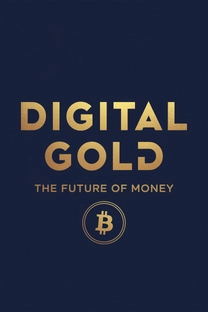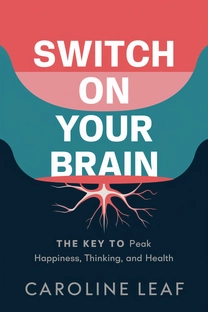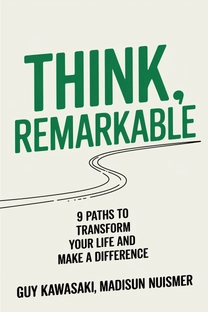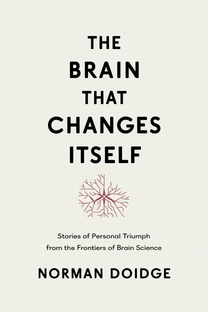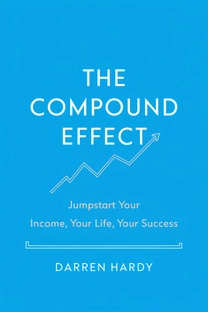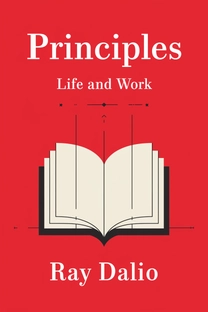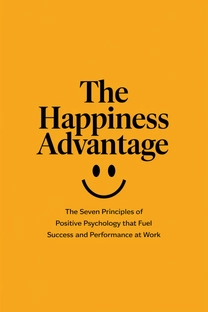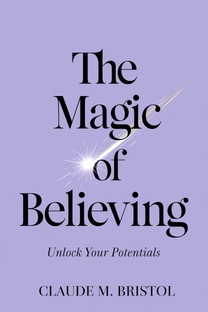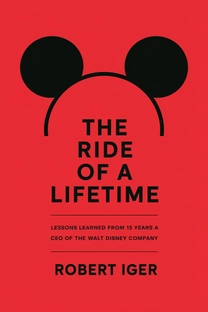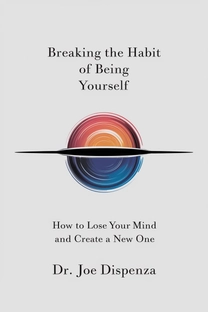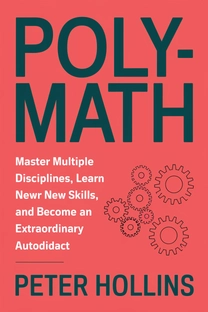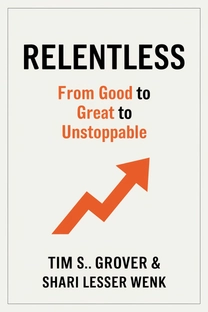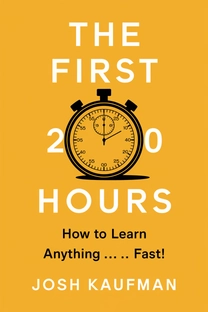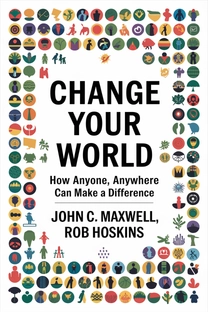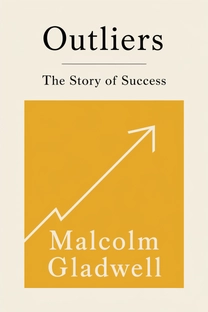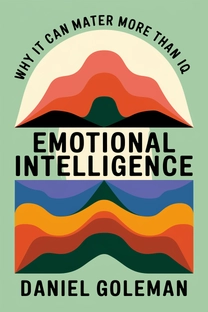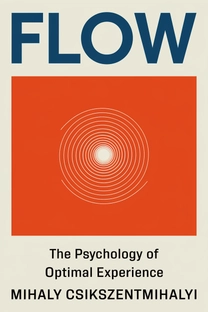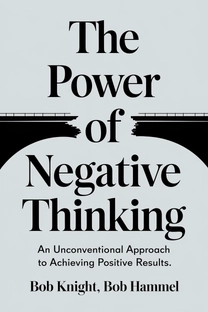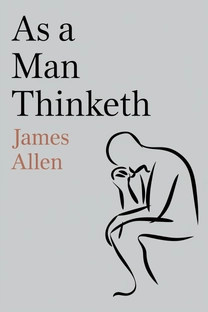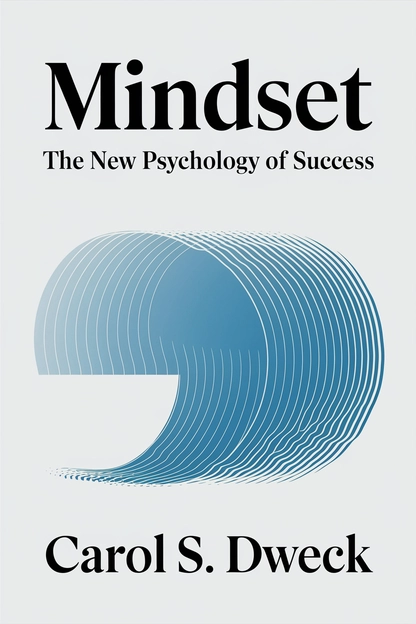
Mindset
The New Psychology of Success
by Carol S. Dweck
Brief overview
This book shows how shifting your perspective about intelligence and talent can transform every aspect of your life. It explores the contrast between a fixed mindset and a growth mindset, illustrating how embracing challenges, learning from mistakes, and focusing on long-term development can lead to success. By applying these principles, you’ll discover practical ways to cultivate resilience, motivation, and the pursuit of improvement in all areas of life.
Introduction
Life constantly tests our abilities, whether it’s in academics, the workplace, or our personal lives. Sometimes we experience success and feel on top of the world; other times, we encounter setbacks that challenge our confidence. How we interpret these ups and downs can make all the difference.
This book offers an eye-opening idea: the way you view your talents shapes your motivation and capacity to learn. If you see intelligence and skill as fixed traits, every shortfall can feel devastating. However, if you believe they can be grown through purposeful effort, obstacles become opportunities for deeper growth.
By exploring real-life examples—from classrooms to sports arenas to corporate boardrooms—you’ll see that the mindset you choose directly affects your drive, creativity, and relationships. Let’s begin this journey by discovering how two different mindsets can set people on totally different paths.
Understanding the Two Mindsets
A fixed mindset implies that you’re born with a certain amount of intelligence or talent. If you fail at something, you may fear it reveals a permanent flaw. In contrast, a growth mindset embraces the idea that each of us can develop our abilities through dedication and the right strategies.
Early on, children labeled as “smart” can become preoccupied with protecting that image, avoiding anything that might risk exposing their weaknesses. Conversely, when kids are commended for process and effort, they become more eager to take on difficult tasks. This difference lays the foundation for a lifetime of learning and achievement.
Even as adults, we see these mindsets at play. The fixed outlook says, “Prove you’re already worthy.” The growth outlook says, “Let’s find out how to get better.” Ultimately, the growth mindset’s advantage is clear—resilience, openness to feedback, and long-term progress, rather than a relentless need to look competent at all times.
What is Mindset about?
“Mindset: The New Psychology of Success” explores how our beliefs about intelligence and talent influence our resilience, motivation, and achievements. Carol Dweck presents two core mental frameworks—fixed mindset and growth mindset—showing how one can limit our potential while the other sets the stage for ongoing personal development. The book draws on real-world examples in education, sports, and business to reveal how shifting your perspective has a profound effect on your ability to learn and succeed.
At its heart, this book offers readers a clear path to overcoming self-imposed limitations. Through simple yet powerful explanations, Dweck demonstrates how to adopt a growth-oriented approach toward challenges, creativity, and relationships. By embracing the idea that abilities can be cultivated, “Mindset” empowers readers to transform setbacks into opportunities and reimagine what is possible in every aspect of life.
Review of Mindset
One of the book’s greatest strengths is its clear illustration of how mindset shapes everyday experiences. Carol Dweck shares compelling stories of teachers working with struggling students, or athletes refining their weaknesses, giving readers practical insights into turning obstacles into a learning process. This focus on adaptability and persistence makes the message both relevant and actionable for real-world application.
Readers will also appreciate the easy-to-follow and direct writing style, which avoids repetitive jargon and keeps the content engaging. From corporate leaders seeking to foster innovation to parents guiding their children’s development, the book speaks to a broad audience. Overall, “Mindset” comes highly recommended for anyone eager to strengthen resilience, deepen their capacity to learn, and unlock genuine progress in personal and professional spheres.
Who should read Mindset?
- Team leaders who want to encourage employee growth by building a supportive work culture
- Teachers or educators looking for new ways to motivate and inspire their students
- Coaches or mentors aiming to help individuals push past their performance plateaus
- Parents seeking positive strategies to guide children in developing resilience
- Professionals ready to explore self-improvement and continual learning for career advancement
About the author
Book summaries like Mindset
Why readers love Mindleap
10-Minute Book Insights
Get the core ideas from the world's best books in just 10 minutes of reading or listening.
Curated For You
Discover your next favorite book with personalized recommendations based on your interests.
AI Book ExpertNew
Chat with our AI to help find the best book for you and your goals.
Reviews of MindLeap
Love how I can get the key ideas from books in just 15 minutes! Perfect for my busy schedule and helps me decide which books to read in full.
Alex R.
The summaries are incredibly well-written and the audio feature is perfect for my commute. Such a time-saver!
Jessica M.
Great app for personal growth. The insights are clear and actionable, and I love how they capture the essence of each book.
Chris P.
The app is beautifully designed and the summaries are top-notch. Definitely worth every penny!
Sarah K.


